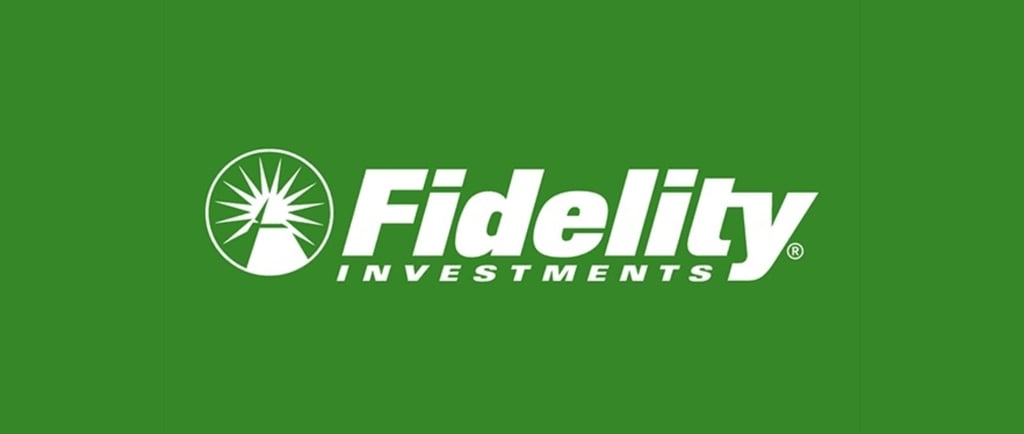

Disclosure: Clicking on links may earn me commission at no additional cost to you. Thank you for reading!
A detailed Fidelity Investment 401k review to understand its benefits and potential drawbacks for your retirement.
Fidelity Investments 401(k) Review
Disclaimer: This website and its content are for informational purposes only and is not financial advice.
The Fidelity 401(k) Basics
At its core, a 401(k) is a retirement savings plan offered by employers, allowing employees to contribute a portion of their pre-tax or after-tax (Roth) income directly from their paycheck. This automatic deduction makes saving for retirement remarkably convenient, helping to build consistent habits over time.
The money contributed to a 401(k) grows tax-deferred, meaning you won't pay taxes on your contributions or earnings until you withdraw them in retirement. This tax advantage can significantly boost your long-term savings potential.
For those who prefer to pay taxes upfront, a Roth 401(k) option, when available through your employer's Fidelity plan, allows for tax-free withdrawals in retirement, provided certain conditions are met.
Benefits of Employer Matching Contributions
One of the most appealing aspects of a 401(k) is often the potential for an employer match. Many companies offer to contribute a certain percentage of your contributions, essentially providing "free money" to your retirement nest egg.
This employer match can substantially accelerate the growth of your 401(k) balance. It's always wise to contribute at least enough to receive the full employer match, as this is a powerful benefit that should not be overlooked.
Understanding your plan's specific matching formula and vesting schedule, which dictates how long you need to stay with your employer to fully own the matched funds, is an important step for every participant in a Fidelity Investments 401(k).
Investment Options within a 401(k)
When it comes to investment options within a Fidelity Investments 401(k), participants typically find a diversified lineup designed to cater to various risk tolerances and financial goals.
Employers, in conjunction with Fidelity, curate these options, which commonly include a selection of mutual funds, index funds, and target-date funds.
Target-date funds are particularly popular as they offer a professionally managed portfolio that automatically adjusts its asset allocation, becoming more conservative as your target retirement date approaches.
For those who prefer a more hands-on approach, a Fidelity Investments 401(k) often provides access to a broad range of other investment vehicles, allowing you to construct a portfolio tailored to your preferences.
Fidelity also offers some innovative options, such as their Fidelity ZERO index funds, which boast a zero expense ratio, potentially reducing the overall cost of investing within your Fidelity Investments 401(k).
Updated May 27th, 2025
Share this:
Fidelity Investments 401(k) Fees
Fees are an important consideration for any retirement account, and a Fidelity Investments 401(k) is no exception. While Fidelity aims for transparent pricing, it's important to understand the different types of fees that may apply.
These can include administrative fees, which cover the costs of managing the plan, and investment expenses, which are associated with the underlying funds you choose. Some fees may be paid directly by the employer, while others may be deducted from individual participant accounts.
It is always a good practice to review your plan's fee disclosure statement to understand all costs associated with your Fidelity Investments 401(k).
While Fidelity's self-employed and small business 401(k) plans may have a straightforward fee structure, it's essential to confirm the specifics for your particular plan.
Support and Tools for Your Fidelity 401(k)
Beyond the investment choices and fee structure, Fidelity is known for its robust support for 401(k) plan participants. Their online platform, NetBenefits, provides a user-friendly interface for managing your Fidelity Investments 401(k), allowing you to review your account balance, change contributions, update investment allocations, and access educational resources.
Fidelity also offers customer service support, with representatives available to assist with questions about your Fidelity Investments 401(k) plan, from basic inquiries to more complex retirement planning topics.
While some individual experiences with customer service can vary, Fidelity generally strives to provide accessible and helpful support for its 401(k) account holders.
Withdrawals and Loans from Your Fidelity 401(k)
Understanding the mechanics of withdrawals and loans from a Fidelity Investments 401(k) is also essential. While the primary purpose of a 401(k) is long-term retirement savings, there may be circumstances where you need to access funds sooner.
It's important to be aware of the rules surrounding withdrawals, which typically incur taxes and may be subject to an early withdrawal penalty if taken before age 59½, unless an exception applies.
Some Fidelity Investments 401(k) plans may also offer the option to take a loan against your account balance, which you then repay to yourself with interest. These options should be explored carefully, as they can impact your retirement savings trajectory.
Subscribe to Newsletter
Get updates on new Gold IRA posts, market news, and more.
By Jordan McCaleb, Investment Researcher


